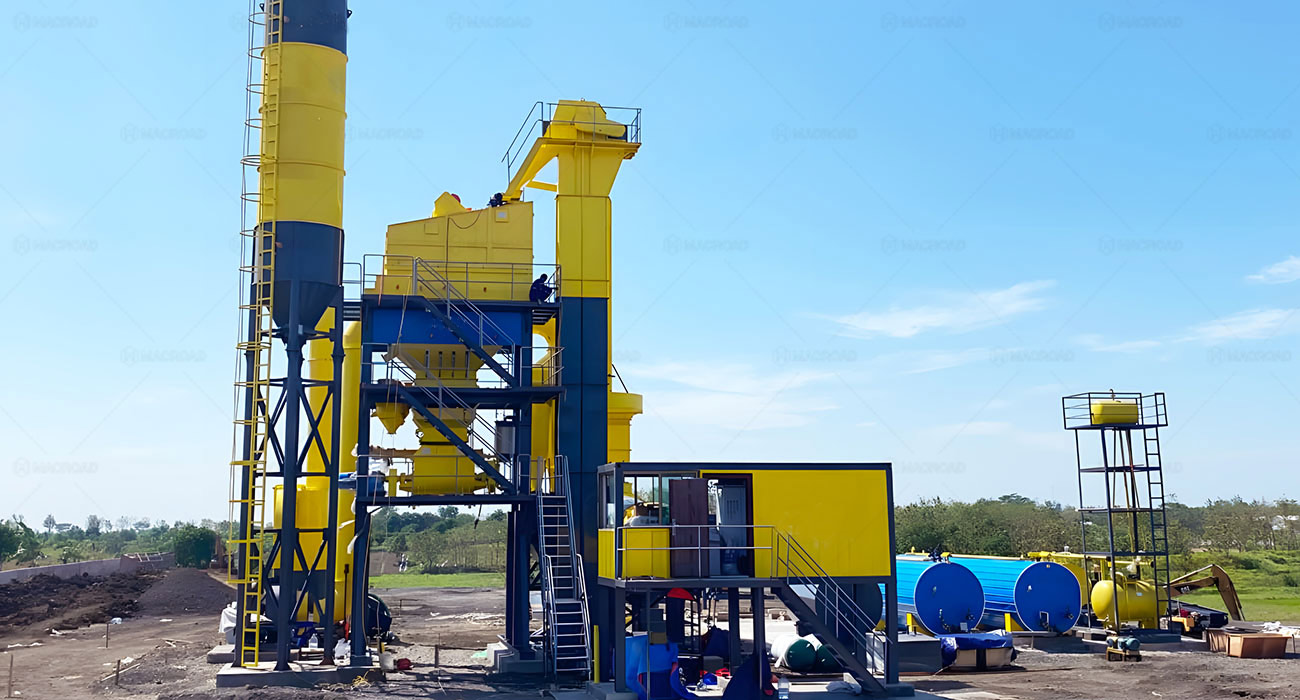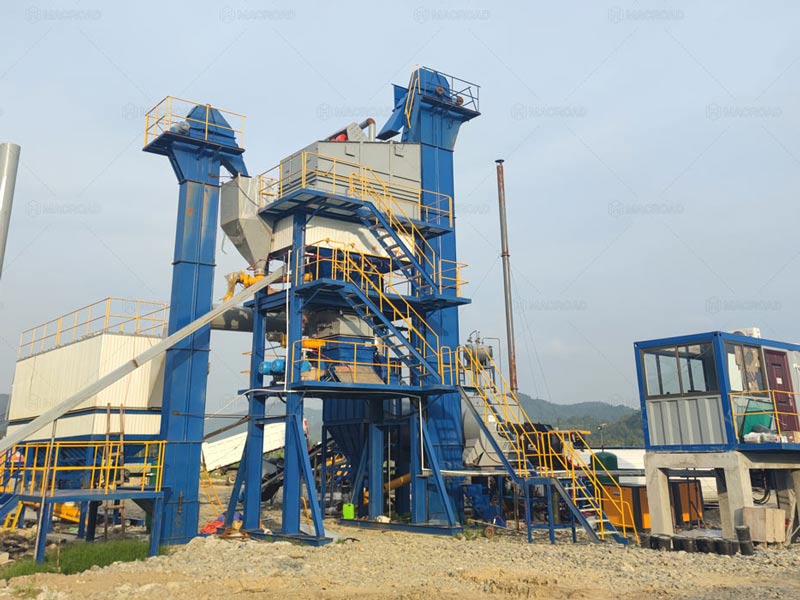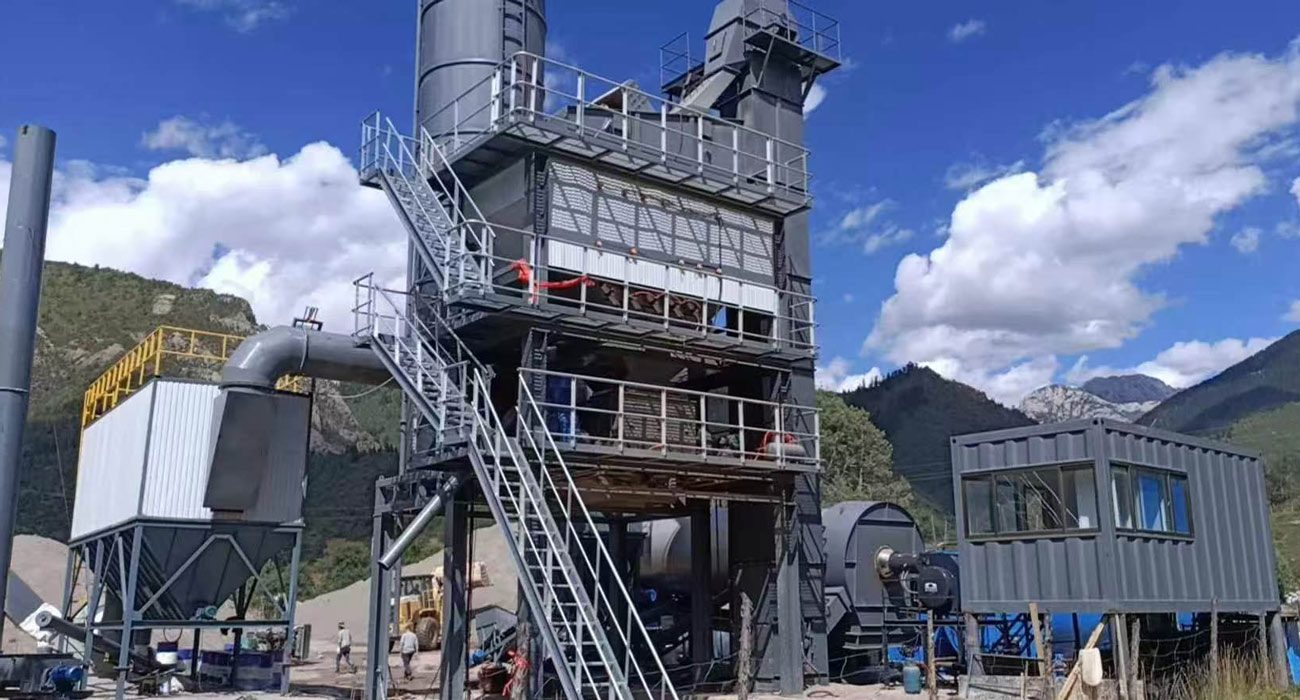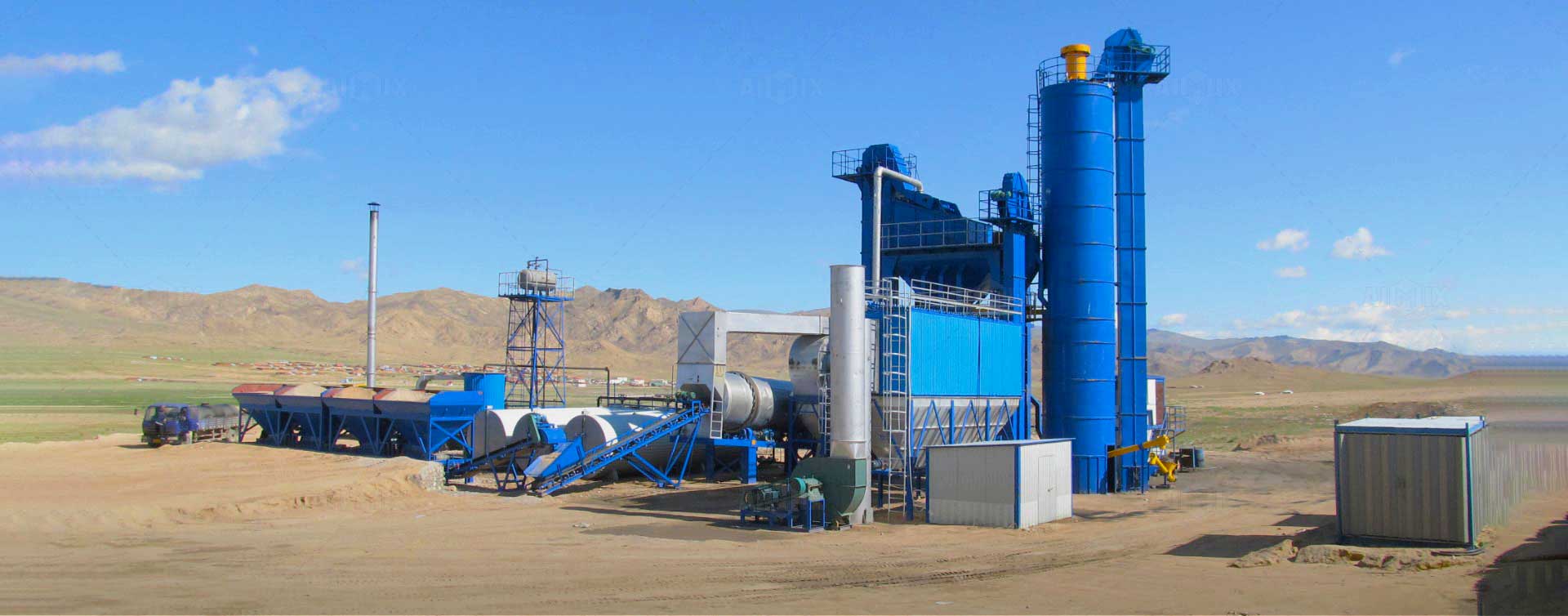The integration of multi modal transportation modes significantly enhances the efficiency of transporting finished materials from asphalt mixing plants. By combining different modes of transport—such as road, rail, and water—companies can optimize logistics, reduce costs, and ensure timely delivery. This article explores how multi modal transportation improves the efficiency of transporting asphalt products, focusing on operational benefits, cost savings, and environmental impact.

Enhanced Logistics and Flexibility
One of the primary advantages of multi modal transportation is the enhancement of logistics and flexibility. By utilizing various transport methods, asphalt plant can adapt to specific project needs and geographical challenges. For instance, a project requiring a significant amount of asphalt may benefit from using rail for long-distance transport and then switching to trucks for final delivery to the job site.
This flexibility allows asphalt plant suppliers to optimize their delivery routes and schedules, reducing bottlenecks and minimizing delays. For example, using a combination of fixed and mobile asphalt mixing plants allows for quicker response times to changing project demands. If a contractor needs a specific type of asphalt mix, multi modal transport can ensure that materials arrive on-site without unnecessary downtime.
Moreover, the ability to choose the most efficient transport method based on current conditions—such as traffic or weather—further enhances logistics. This adaptability not only improves service quality but also fosters stronger relationships with customers, who appreciate timely deliveries and reliable service.

Cost Efficiency and Resource Optimization
Implementing a multi modal transportation approach can lead to significant cost savings for asphalt mixing plants. By leveraging the strengths of different transport modes, companies can reduce transportation costs associated with fuel, labor, and vehicle maintenance. For instance, transporting asphalt by rail over long distances can be more economical compared to trucking, especially when dealing with bulk quantities.
Additionally, multi modal transport allows for better resource optimization. Asphalt plant cost can be minimized by consolidating shipments and reducing empty miles. For instance, if a rail service can carry multiple shipments of asphalt from various plants, it reduces the need for separate truck deliveries, thus maximizing vehicle utilization and lowering overall transportation expenses.
Furthermore, the integration of multi modal logistics can lead to decreased inventory holding costs. Faster delivery times mean that asphalt plants can operate with lower inventory levels, freeing up capital for other operational needs. This efficiency is especially beneficial for small and medium-sized plants trying to manage their asphalt plant costs effectively while maintaining service quality.

Environmental Benefits and Sustainability
Multi modal transportation also offers notable environmental benefits, aligning with the growing emphasis on sustainability in the construction industry. By utilizing rail and water transport, asphalt mixing plants can significantly reduce their carbon footprint compared to relying solely on trucks. Rail transport, in particular, is known for its lower emissions per ton-mile, making it a more sustainable option for transporting large quantities of materials.
As customers increasingly seek environmentally friendly solutions, amp aspal that adopt multi modal strategies can enhance their market appeal. By promoting their commitment to sustainability, these plants can attract contracts from clients who prioritize eco-friendly practices. This can be especially true when using innovative asphalt mixes that are designed to reduce environmental impact, thus enhancing the overall reputation of the asphalt plant supplier.
Incorporating multi modal transport not only benefits the environment but also positions asphalt plants as forward-thinking entities in a competitive market. As regulations around emissions tighten, having a sustainable transportation strategy can provide a significant competitive advantage.
Conclusion
The implementation of multi modal transportation significantly improves the efficiency of transporting finished materials from asphalt mixing plants. By enhancing logistics and flexibility, reducing costs, and promoting sustainability, this approach enables asphalt plant supplier to meet the demands of a dynamic construction environment effectively. As the industry evolves, embracing multi modal solutions will be crucial for asphalt plants aiming to optimize operations while maintaining competitive pricing and service quality. With the right strategies in place, asphalt plants can ensure timely deliveries and strengthen their position in the market.

